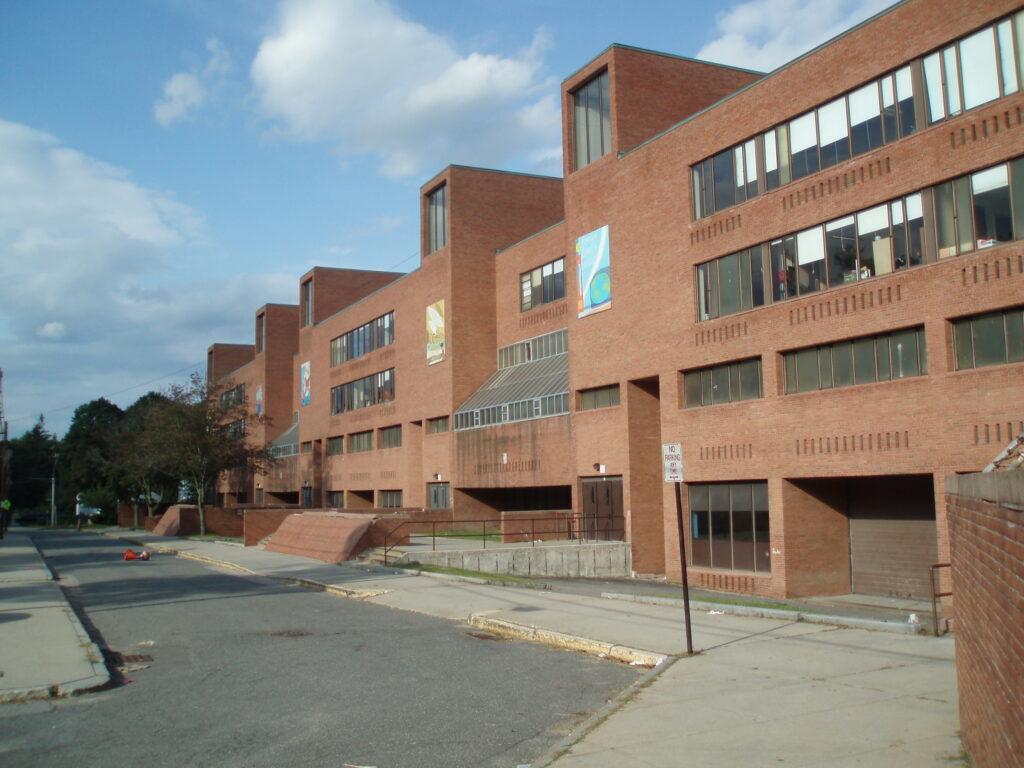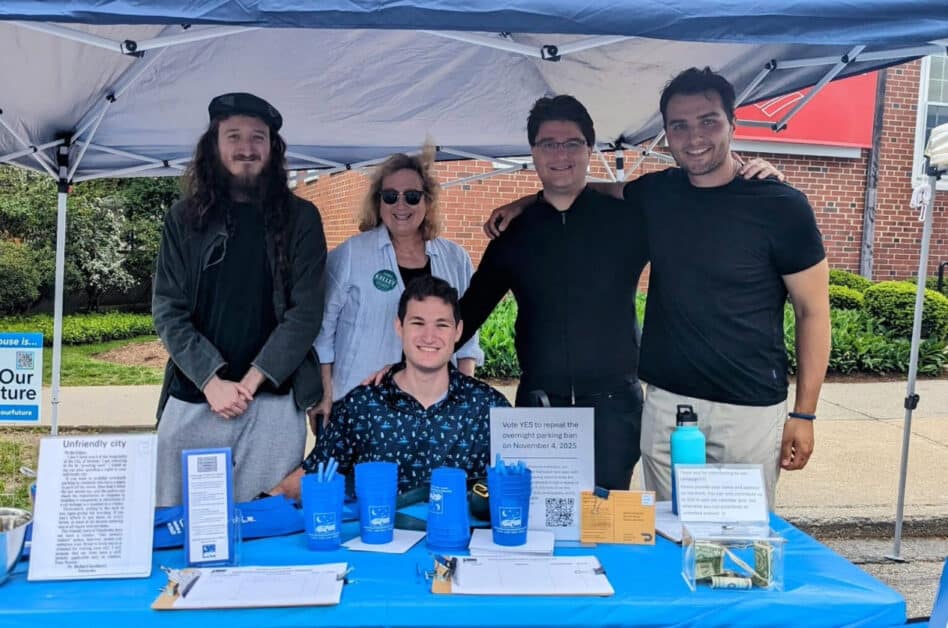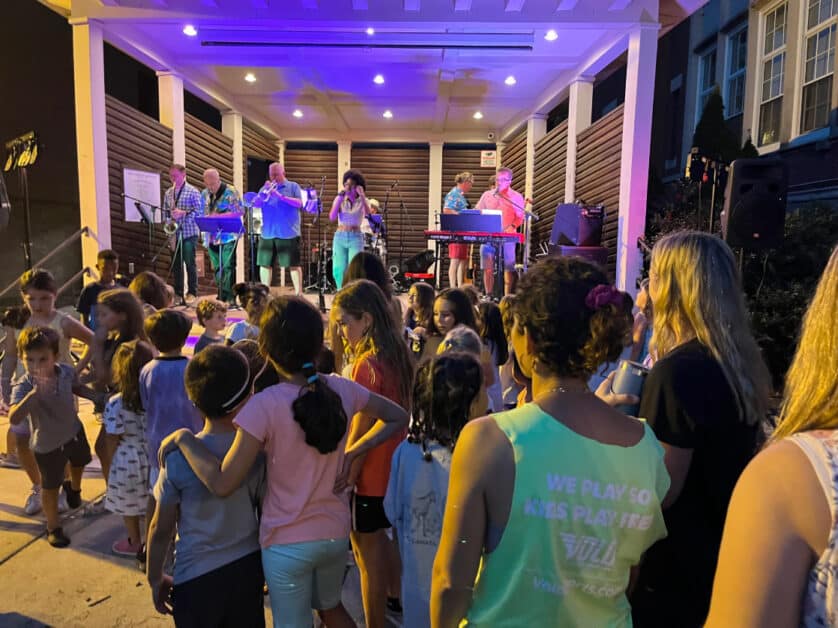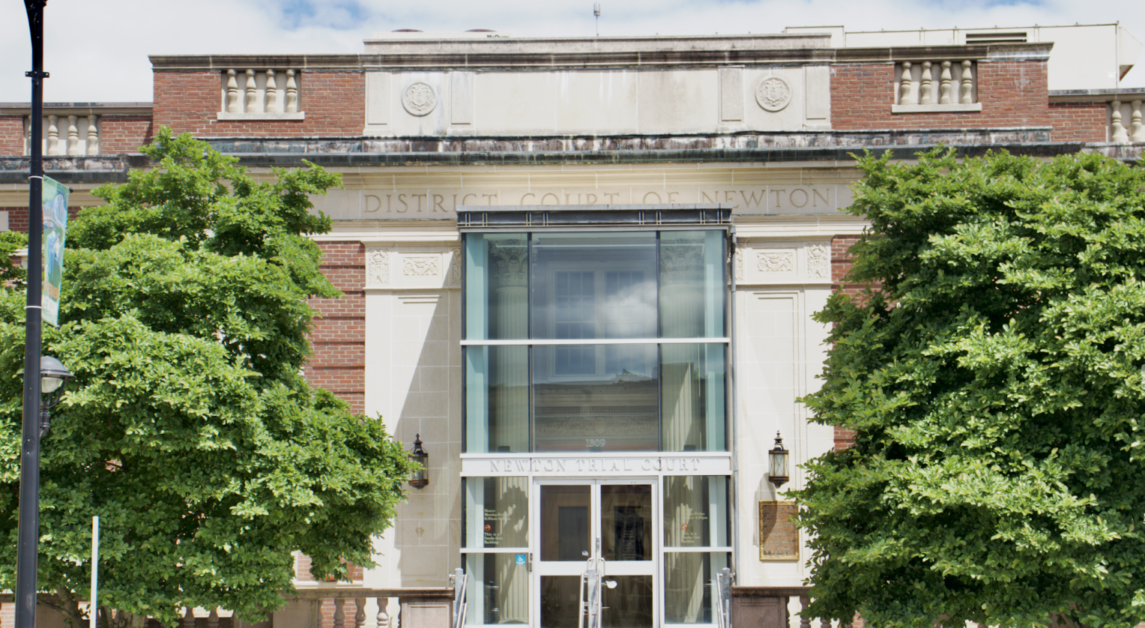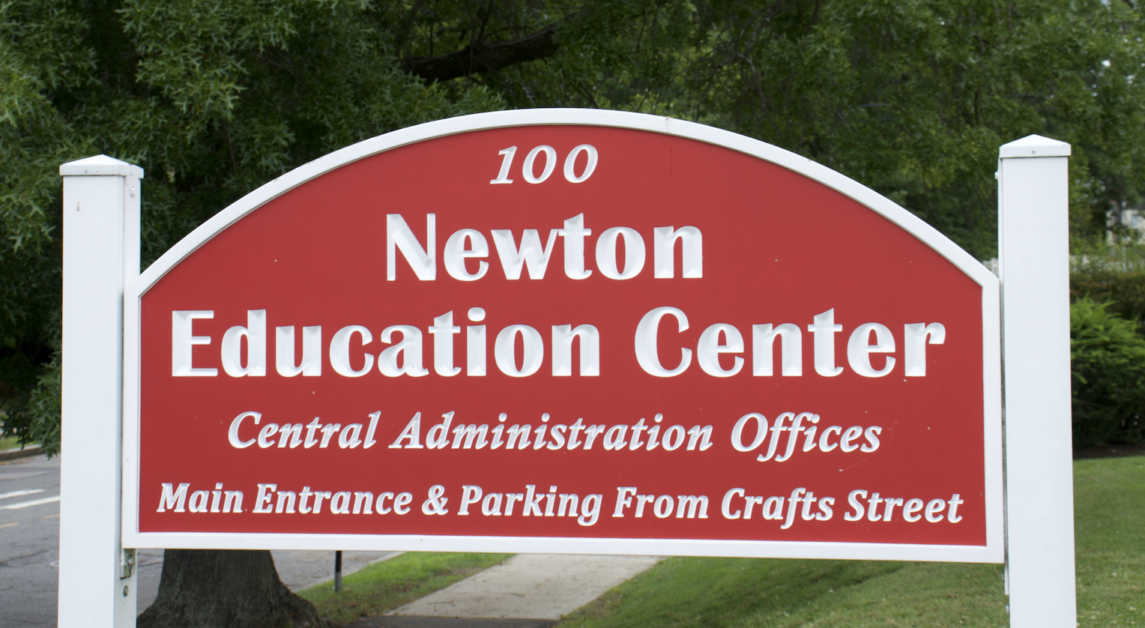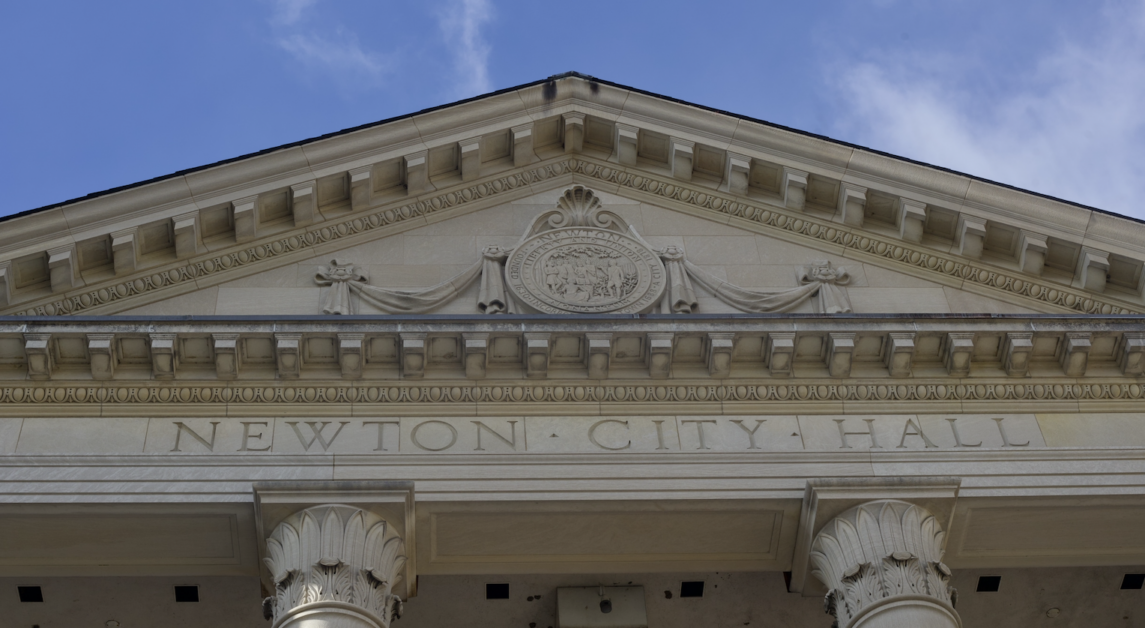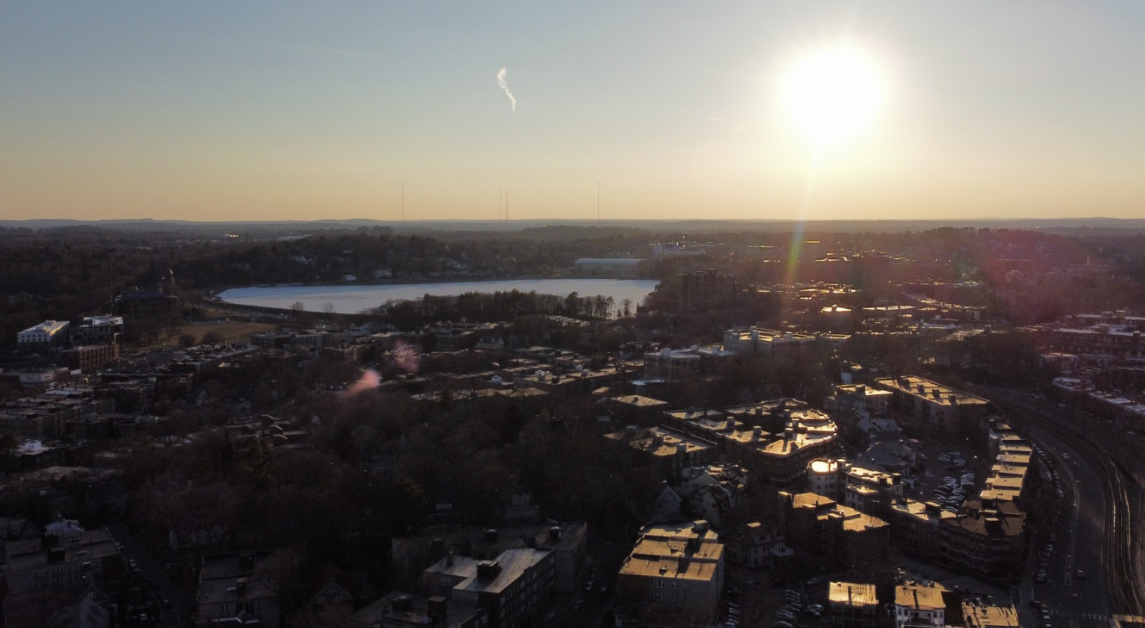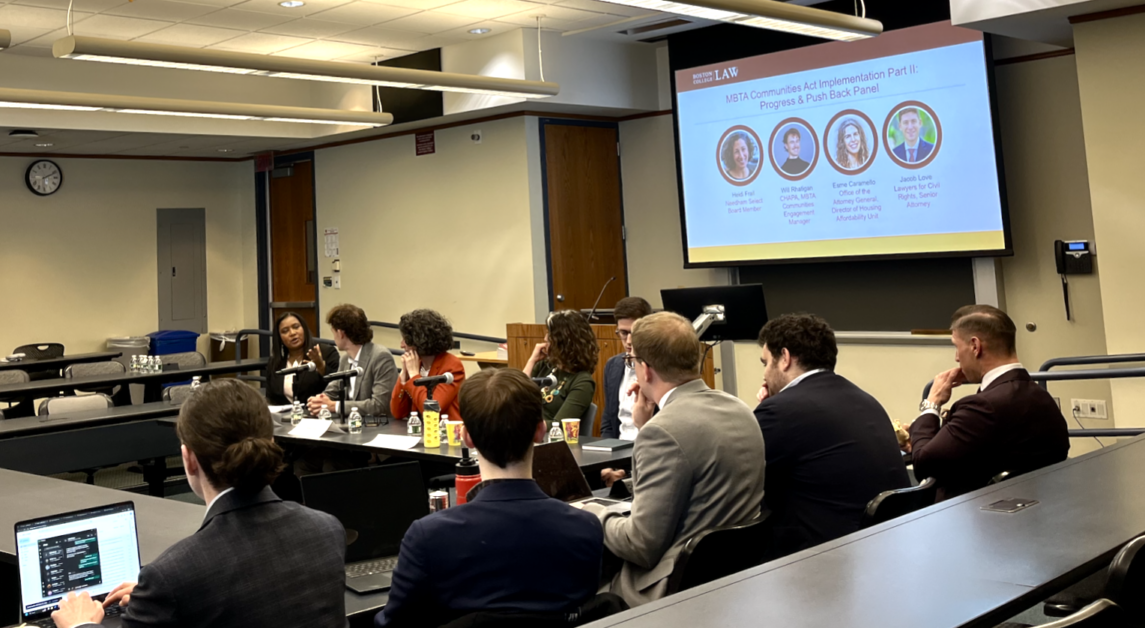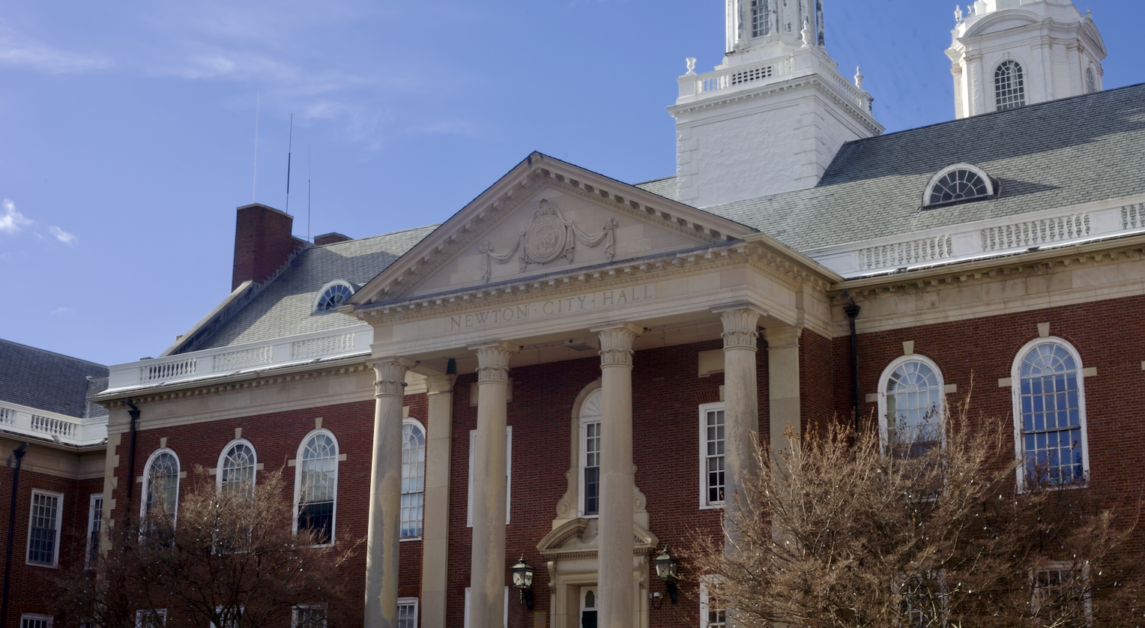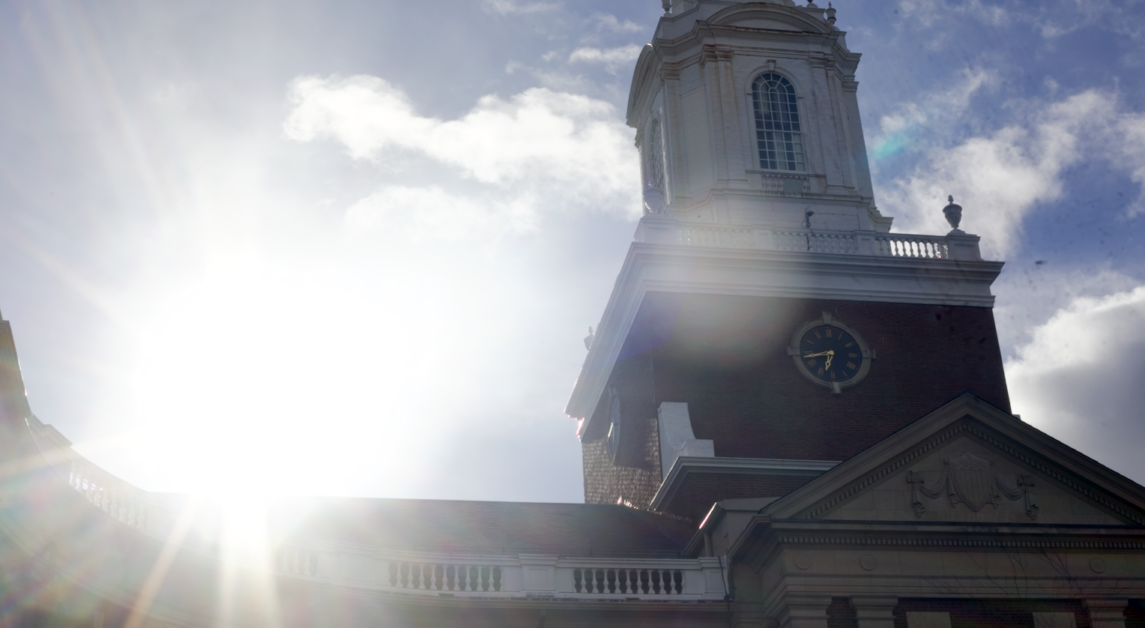The Newton Families Organizing for Racial Justice (FORJ) discussed the new anti-racist terms being used by instructors at Newton South High School in a virtual meeting on Oct. 5. Newton South showcased a variety of affinity groups, such as Gender and Sexuality Awareness (GSA), Black Student Union, and Asian Student Organization.
FORJ was formed by three Newton mothers in 2016, and is made up of families from Newton and surrounding towns that works to educate students and their families about race, culture, and identity. FORJ began offering weekly meetings for parents in 2017 with approval from Newton Public Schools.
Newton South High School Principal Mark Aronson spoke briefly at the beginning of the meeting about the importance of anti-racist work and Newton South’s willingness and ability to pursue anti-racist teaching.
“Now is the time where some new folks are involving themselves in anti-racist work, but I really think the students are really ready to do this work,” Arnson said. “We recognize that if we don’t do it now, when are we going to do it?”
Newton South, in an attempt to help educators teach and provoke student engagement with anti-racism, has weekly meetings where faculty members can come together to discuss the teachings of anti-racism. Aronson also said that he is aware that racism is not just a Black and white issue but an issue of widespread marginalization.
“I have met with students and staff who feel like they have been left out of the conversation and have been marginalized.” Aronson said. “One of the things I am really happy about tonight is that we are bringing so many different affinity groups together.”
After Aronson spoke, Katani Sumner, a teacher at Newton South, led the conversation around the book We Want to Do More Than Survive: Abolitionist Teaching and the Pursuit of Educational Freedom, by Bettina Love. The book addressed the various obstacles that students of color face within the U.S. educational system.
Sumner highlighted three key phrases from Love’s book—spirit murderer, co-conspirator, and freedom dreaming—as foundational to Newton South’s approach to anti-racist teaching.
“Spirit murdering is actually robbing people of their humanity and dignity, and it leaves a person with personal, psychological, and physical injury,” Sumner said. “What we wanted teachers to think about is that whether intentional or unintentional [racist action] actually murders the spirit of the people who encounter it.”
Sumner spoke next about moving away from being an ally in the fight against racism and moving towards being an active co-conspirator.
“What a co-conspirator is trying to make us do is pushing us into places where we might not feel comfortable, but that’s where the real work gets done,” Sumner said. “Allyship is nice but the problem is that it still centers on whiteness and shifts the narrative away and maybe centers the level of comfort around witness.”
The final vocabulary term Sumner spoke about was freedom dreaming.
“It’s the idea that imagination informs what is possible as it teaches and students,” Sumner said. “For Black folks that includes the dreams of our ancestors were filled with joy, resistance, love, and an unwavering imagining of what is possible when dark forms matter and live to thrive rather than survive.”
Featured Image Courtesy of Nauticashades/Wikimedia Commons

